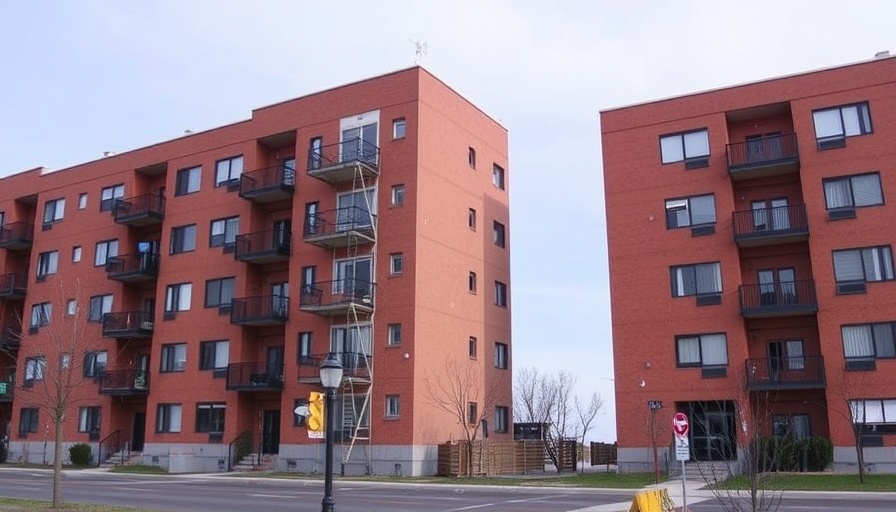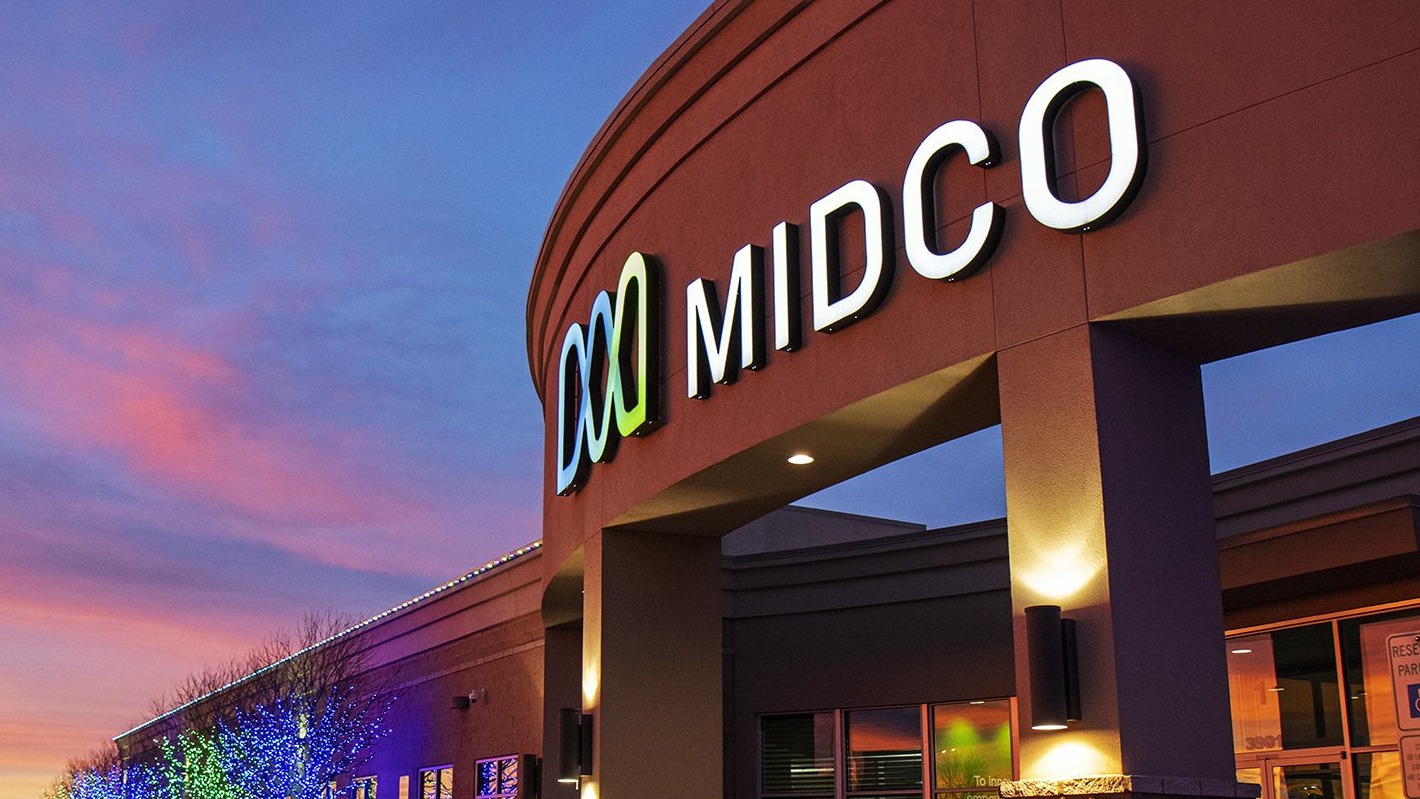
Understanding the FCC's Recent Decision on Bulk Billing
The recent decision by the Federal Communications Commission (FCC) to withdraw a proposal that would have banned mandatory bulk billing arrangements for internet services in apartment buildings has significant implications for renters across the country. Originally put forth by former FCC Chairwoman Jessica Rosenworcel in March 2024, this proposal aimed to allow tenants to opt out of using specific internet service providers (ISPs) mandated by their landlords. Such arrangements typically require residents to pay for a set internet provider, limiting consumer choice and often driving up prices.
The Case for Bulk Billing
Supporters of the FCC's recent decision, including various housing associations, argue that bulk billing agreements can offer advantages to tenants. Advocates claim that these arrangements provide high-speed internet at substantially lower rates—up to 50% less than standard retail prices—while avoiding issues like credit checks and installation fees, creating easier access to necessary services for low-income renters and the elderly. Sharon Wilson Géno, the president of the National Multifamily Housing Council, highlighted how these practices have enhanced internet accessibility for millions, particularly in affordable housing settings.
What About Competition?
On the flip side, critics of bulk billing contend that while these arrangements can yield temporary cost savings, they also effectively stifle healthy competition among ISPs. Even if landlords do not grant exclusive rights to a specific provider, the structure of bulk billing can favor one provider, keeping costs artificially high for other potential options. This sentiment aligns with the concerns previously raised by Public Knowledge's legal director, who argued that these billing practices circumvent FCC regulations designed to ensure competitive access.
Historical Context: Past Attempts to Enhance Competition
This situation echoes a broader struggle within telecommunications policy, where past FCC leadership has sought to enhance competition in the broadband market. In 2022, the FCC's bipartisan move to ban exclusive revenue-sharing agreements was a step towards dismantling barriers that limited consumer choice. However, with the shift in FCC leadership and Carr's latest decision, tenants in many properties may find themselves limited once again.
The Future of Internet Access in Rental Properties
The implications of this decision are multifaceted and complex. As markets shift, residents and renters should consider advocating for more transparency and competition within their communities. The current environment emphasizes the necessity for tenants to be aware of their options and the rules governing their internet services. A possible future might still see the introduction of new initiatives aimed at enhancing broadband access, but for now, many apartment dwellers may remain at the mercy of their landlords' choices.
Final Thoughts on FCC Actions
The FCC's decision represents a defining moment in the ongoing conversation about broadband access and consumer rights. Regardless of the perspectives on bulk billing, it is essential for renters to recognize the importance of advocating for more options and fair practices in their housing agreements. Awareness can foster a push toward policies that prioritize broadband competition, potentially paving the way for better service at lower prices in the future.
 Add Row
Add Row  Add
Add 

 Add Row
Add Row 


 Add Element
Add Element 

Write A Comment